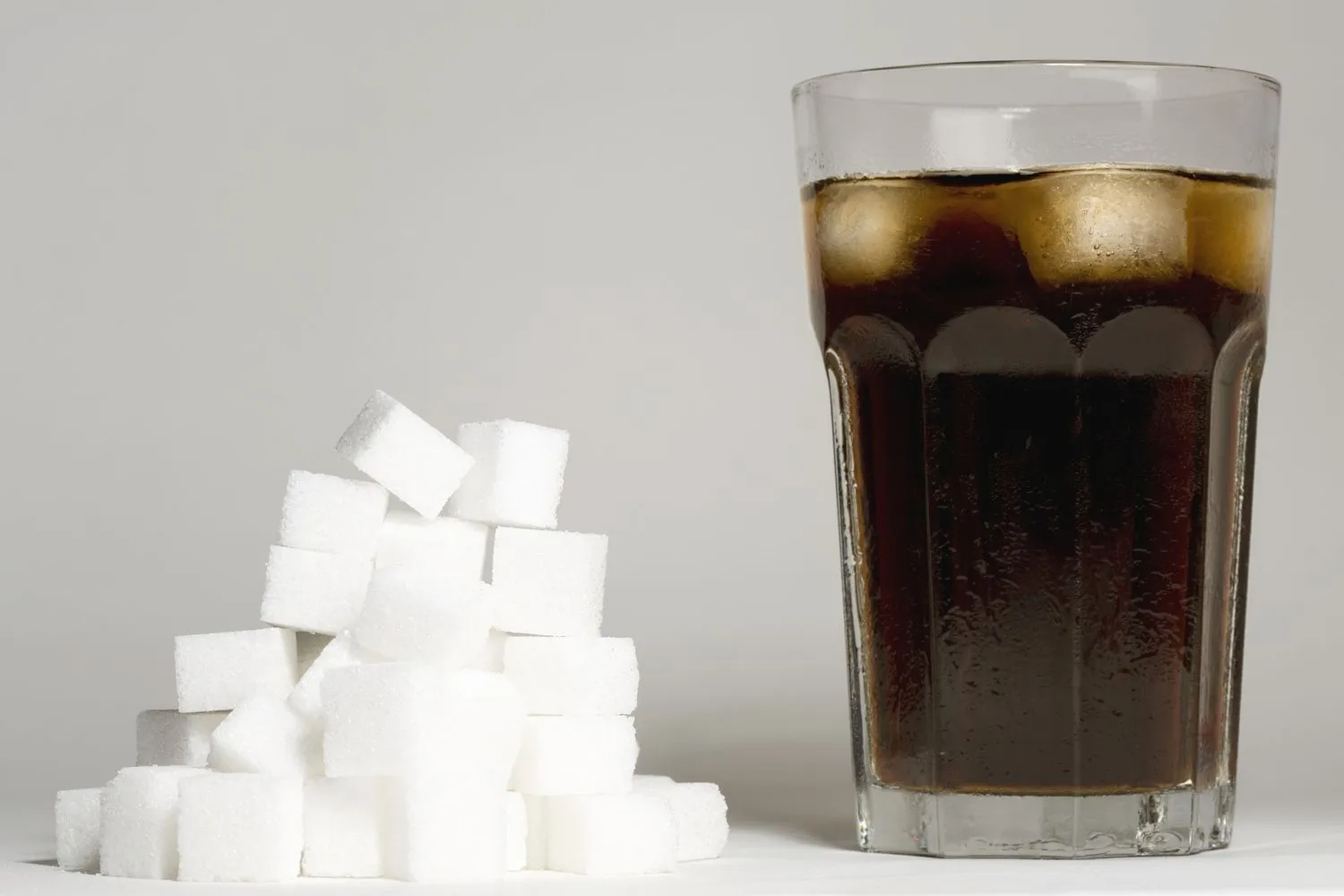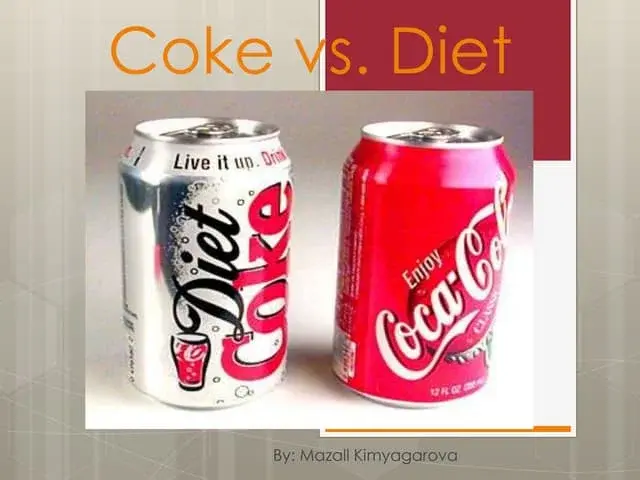Soft drinks are everywhere. They’re at parties, family gatherings, and even quick lunches. But while they might taste good, soft drinks come with a host of health risks. Here are five dangerous facts about why you should think twice before grabbing that next can of soda.
1.High Sugar Content
Soft drinks are loaded with sugar. One can of soda can contain up to 10 teaspoons of sugar, far exceeding the recommended daily intake. This excessive sugar intake can lead to numerous health issues.
Why it’s dangerous:
- Obesity: Excess sugar turns into fat, leading to weight gain.
- Diabetes: Constant high sugar intake increases the risk of developing type 2 diabetes.
- Heart Disease: High sugar levels contribute to heart disease by increasing bad cholesterol levels and blood pressure.

2. Acidity and Dental Health
Soft drinks are highly acidic, with a pH level of around 2.5 to 3.5. This acidity can cause significant damage to your teeth over time.
Why it’s dangerous:
- Tooth Erosion: The acids in soft drinks erode the enamel on your teeth, leading to sensitivity and cavities.
- Decay: Sugar feeds the bacteria in your mouth, increasing the risk of tooth decay and gum disease.

3. Artificial Sweeteners and Chemicals
Many diet sodas replace sugar with artificial sweeteners like aspartame, sucralose, or saccharin. While they might reduce calorie intake, they come with their own risks.
Why it’s dangerous:
- Metabolic Syndrome: Artificial sweeteners can confuse the body’s natural metabolic processes, potentially leading to weight gain and metabolic syndrome.
- Cancer Risk: Some studies suggest a link between artificial sweeteners and an increased risk of certain cancers.
- Digestive Issues: Chemicals in soft drinks can cause bloating, gas, and other digestive problems.

4. Impact on Bone Health
Regular consumption of soft drinks can negatively affect your bone health. Phosphoric acid, a common ingredient in sodas, has been linked to decreased bone density.
Why it’s dangerous:
- Osteoporosis: Phosphoric acid can interfere with calcium absorption, weakening bones and increasing the risk of osteoporosis.
- Bone Fractures: Weaker bones are more susceptible to fractures, especially in the elderly and those who are very active.

5.Caffeine and Addiction
Many soft drinks contain caffeine, which can be addictive. Caffeine dependency can have several adverse health effects.
Why it’s dangerous:
- Insomnia: High caffeine intake can disrupt your sleep patterns, leading to insomnia and poor sleep quality.
- Anxiety and Jitters: Excessive caffeine can cause anxiety, restlessness, and jitteriness.
- Withdrawal Symptoms: Regular consumption can lead to dependency, and stopping suddenly can cause headaches, fatigue, and irritability.

WHO Recommended
The World Health Organization (WHO) recommends that both adults and children reduce their daily intake of free sugars to less than 10% of their total energy intake, with further benefits gained by reducing this to below 5%, roughly 25 grams (about 6 teaspoons) per day for an adult of normal body mass index (BMI). Since soft drinks are a major source of free sugars, adhering to these guidelines necessitates limiting or avoiding their consumption. A typical can of soda contains around 35-40 grams of sugar, exceeding the recommended daily limit in one serving. The WHO encourages promoting healthy diets low in free sugars to reduce the risk of obesity and related non-communicable diseases (NCDs). They also advise implementing public health policies such as taxation on sugary beverages, clear labeling, and marketing restrictions aimed at children to discourage the consumption of high-sugar products.
You Should Read This :- Food Storage in Rainy Season: A Comprehensive Guide
Conclusion
While an occasional soft drink might not seem harmful, regular consumption can have severe consequences for your health. From obesity and diabetes to tooth decay and weakened bones, the dangers are real. Next time you’re tempted to reach for a soda, consider these risks and opt for a healthier alternative like water or natural fruit juice.
By understanding these risks, you can make better choices for your health and well-being. Stay informed, stay healthy!
